World War Two (daily life)
Where can I find information about daily life during World War Two?
(Years 5-8)
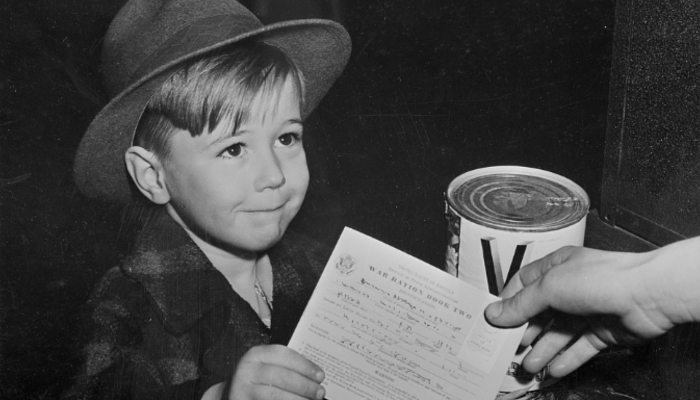
Image: Preparation for point rationing. An eager school boy gets his first experience in using war ration book two. by Alfred T. Palmer. Collection: Library of Congress.
Entry last updated: 10/07/25
Introduction
World War Two (1939-1945) is also known as WW2, WWII, or the Second World War. This entry will show you how to find information about what daily life was like and how it changed for those who stayed at home. This is sometimes called the Home Front.
General websites
There are lots of places you can go to find information about daily life during WWII. Sometimes people at home had to change how they lived. Check out these websites for information about daily life at home in Britain.
This is a range of learning resources about history for primary school students that comes from the BBC. To listen to old recordings of life during WWII:
look down the page for World War 2 Clips
select a topic you are interested in, and
listen to news reports and other recordings about that time.
Tips: Websites that have .com or .co in the address can have good information, but you need to assess how reliable it is. Check the About link on the website, if you can find one. That can tell you what the company’s mission and values are.
Look at this website for heaps of great information about life in Britain during the war.
Use the search option in the top left corner to look up the keywords 'home front'.
Go to Stories and then select More stories.
Browse this section to find out about children Growing up in the Second World War.
Also find articles about rationing, Make Do and Mend, and more.
Tips: Search words, or keywords, are the most important words in our question. Usually it’s better to leave out small words like ‘the’, ‘a’ and ‘of’ and just choose the main ones, eg World War 2. We can always change our keywords or add more if we need to.
This is one of our EPIC resources. EPIC is a collection of reliable databases covering lots of different topics. It's put together especially for New Zealand schools students and helps to answer questions like this. It has information about how the Blitz affected people in the United Kingdom.
Select the Primary level.
Search for 'Blitz.'
Read the article Blitz, the.
Change the Article Reading Level at the top of the page to get more information.
Tips: To get to the EPIC resources you will need a password from your school librarian first. Or you can chat with one of our AnyQuestions librarians and they will help you online. Some EPIC databases may also be available through your public library.
New Zealand sites
These sites have information about what life was like at home in New Zealand during the Second World War. There's also some information about what life was like for Prisoners of War.
NZ History is a great website for information about Aotearoa New Zealand. If we go all the way down the page we can see that the website belongs to the Ministry for Culture & Heritage, so the information is well-researched and reliable.
From the homepage, go to New Zealand at War and then look for Second World War.
Select Prisoners of War and then go to Daily life to find out about what life was like in the camps.
Select Māori and the Second World War and then The home front to find out about changes for Māori.
Select The Second World War at home and read through the different articles to find out about rationing, manpower regulations, and United States soldiers in New Zealand.
Check out the Images and Media for videos, pictures, and sound recordings.
Te Ara Encyclopedia of New Zealand
Te Ara is an excellent starting point for all questions about Aotearoa New Zealand. It is also a site that belongs to the Ministry for Culture & Heritage.
Look under Stories A-Z and choose S.
Select Second World War.
The page called Japan enters the war has information about daily life in New Zealand.
Tips: We like sites like this because they’re reliable. You can tell because of their web address – they have either .govt or .ac, meaning they are from government or educational organisations. They’re also New Zealand sites, so relevant for us.
New Zealand's public radio service on news, current affairs, Pacific, Te Ao Māori, sport and more has useful information on New Zealand history.
Go to the tab called Podcasts & Series.
Select the series on The Aotearoa History Show.
Scroll down to the podcast on The Second World War.
This video has a section on Manpowering regulations and the role of women, both in the armed services and taking over jobs in farms and factories.
Books
Lots of books have been written about World War Two, and what it was like to grow up then. Have a look at your school or public library too see what they have.
Some recommended titles are:
50 Things you should know about the Second World War by Simon Adams
World War II: 12 projects to make and do by Jillian Powell
The home fronts : Allied and Axis life during World War II by Peter Darman
World War II by Fiona Macdonald.
SCIS no: 1990930
Topics covered
Related content

WW2 (primary sources)
Where can I find primary sources for World War Two?

World War Two
Where can I find information about World War Two?
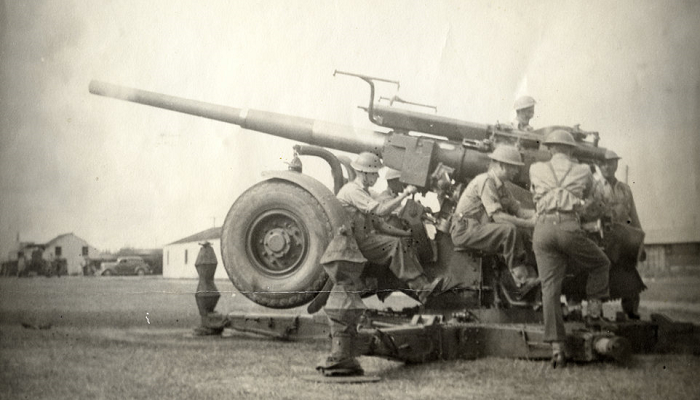
World War Two (Junior)
Where can I find information about World War Two?
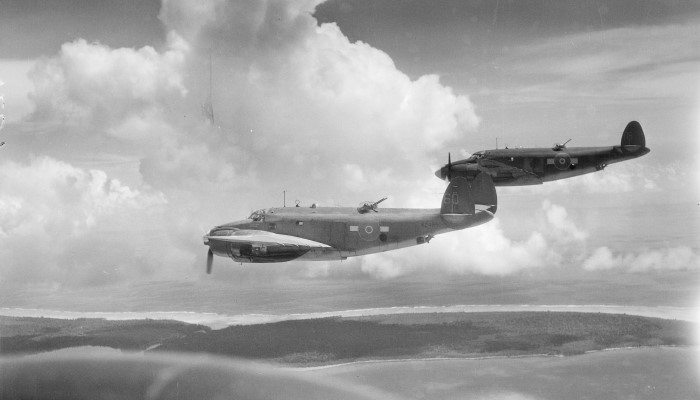
World War Two (battles and campaigns)
What were the main battles or campaigns of World War Two that New Zealanders were involved in?
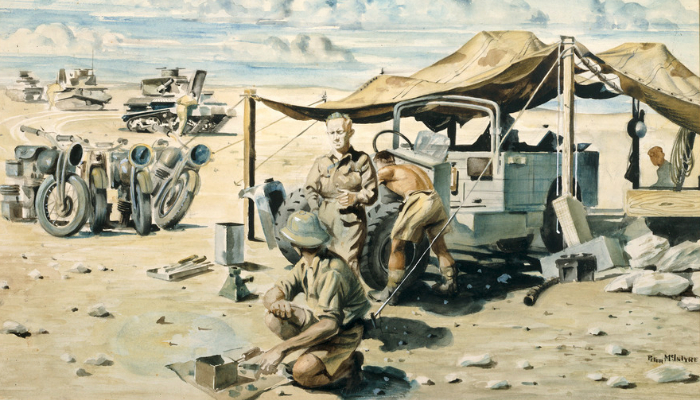
World War Two (causes and impacts)
Where can I find information about the causes and impacts of World War Two?
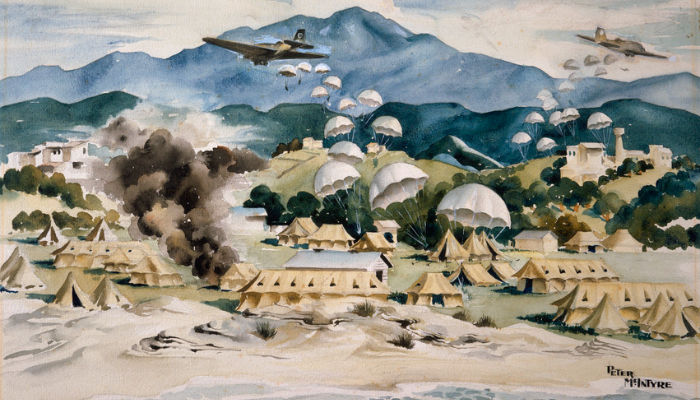
World War Two (NZ involvement)
Where can I find information about New Zealand's involvement in World War Two?
